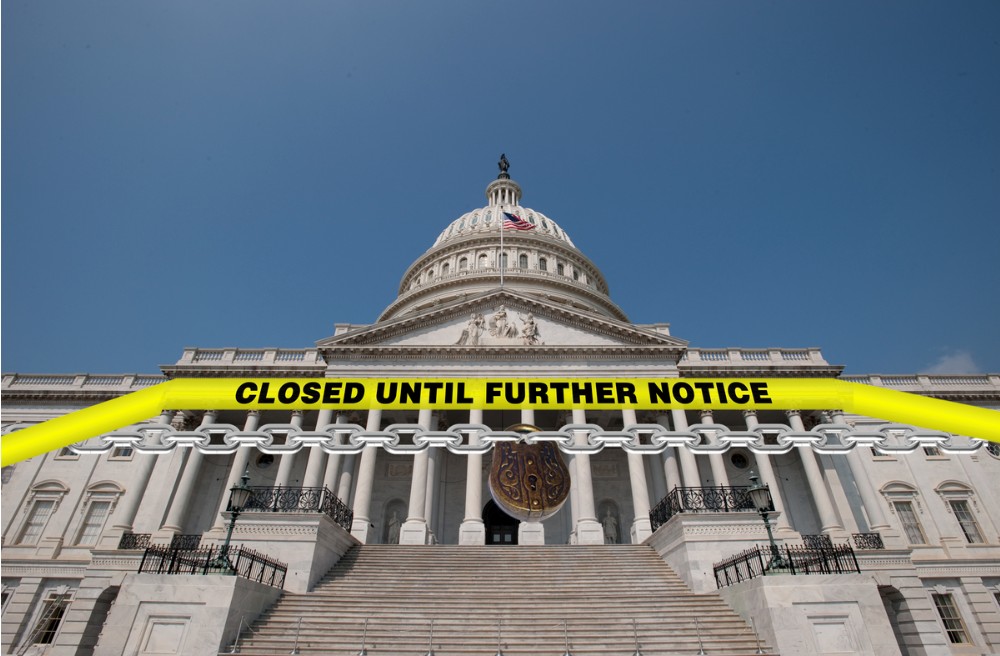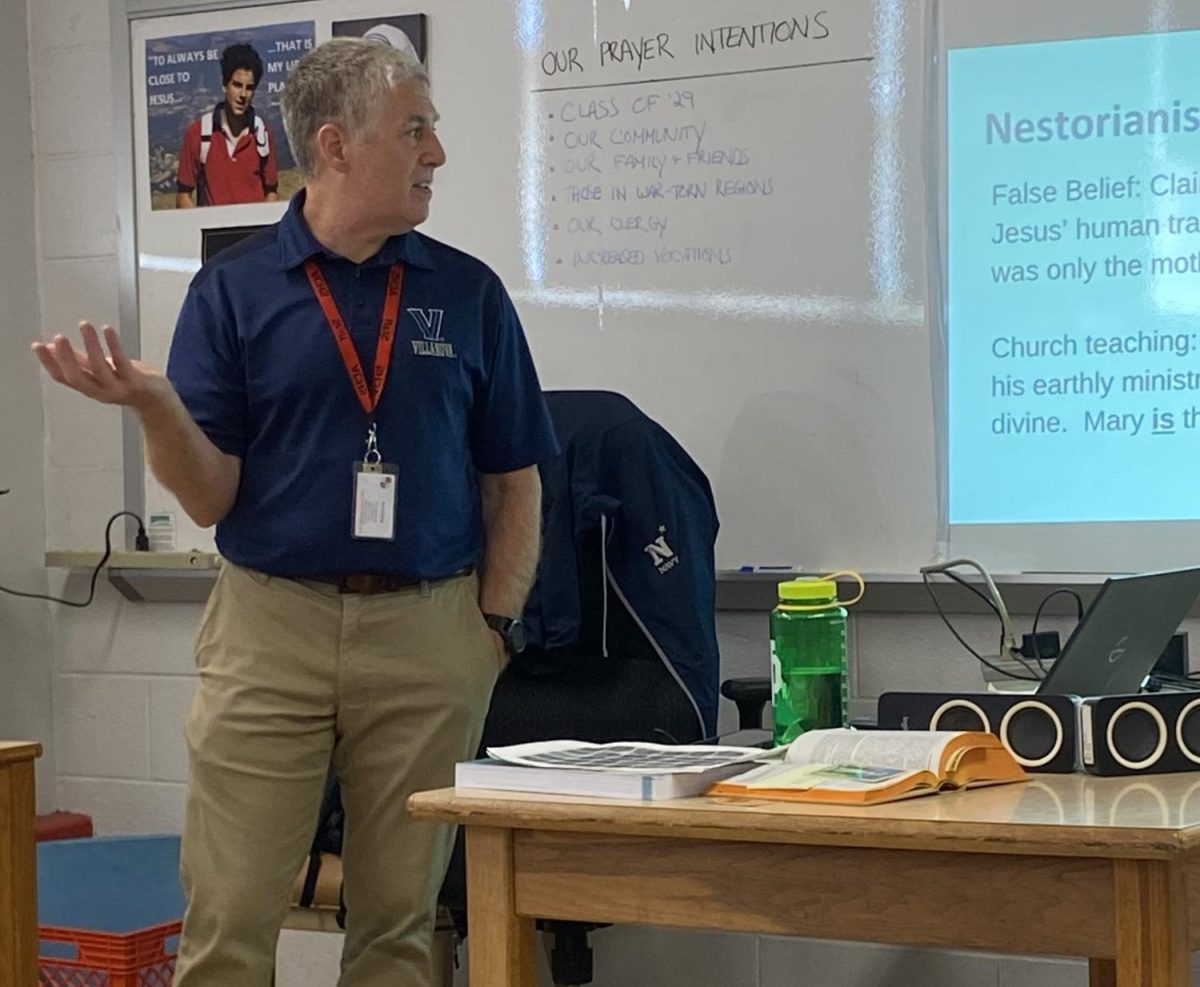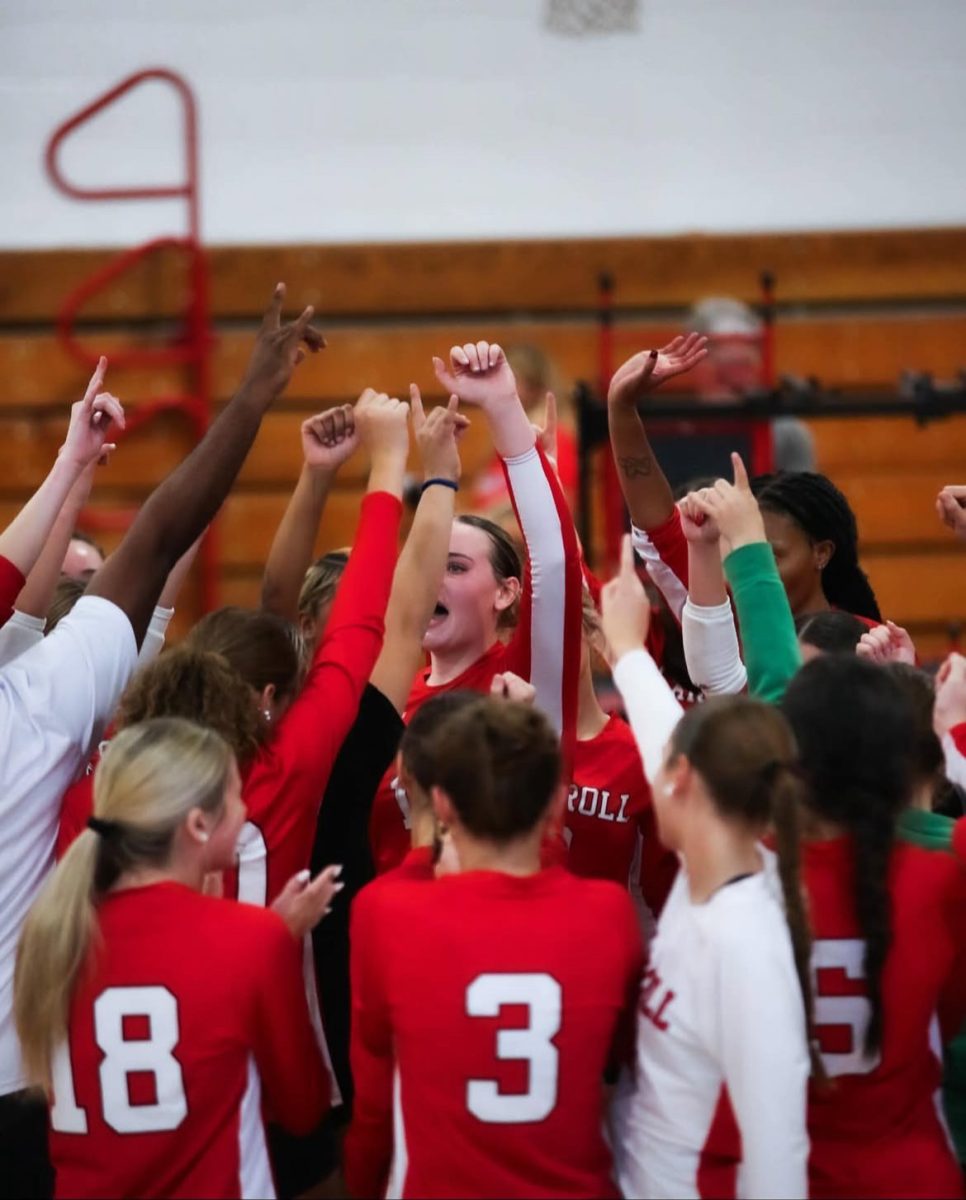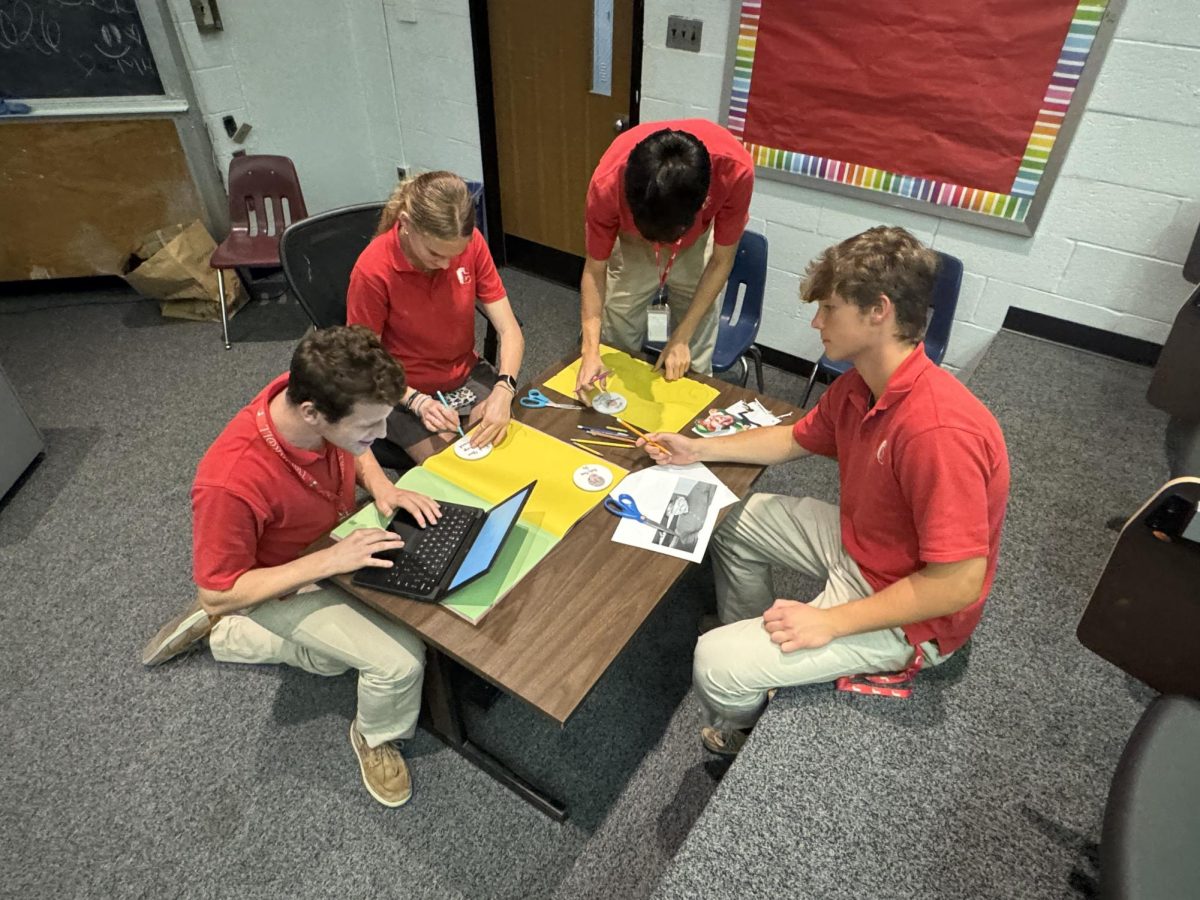The federal government shutdown has been shutdown since October 1, 2025, with no resolution imminent.
More than 4,000 federal workers were laid off last week, according to an Oct. 11 story by Kayla Epstein and Nardine Saad of BBC.
The government shut down because legislation to fund the government was not approved by both chambers of the U.S. Congress.
A bill to keep the government funded until the end of November passed in the House of Representatives. The Senate has voted seven times on funding legislation, but has not been able to pass it.
Sixty votes are needed to pass the Republican-backed legislation in the Senate. The 53 Republicans in the Senate are not enough. Seven Democrats also need to vote yes, according to an Oct. 9 story by Domenico Montanaro and Deirdre Walsh of NPR.
One of the main sticking points between Republicans and Democrats on the legislation is funding for the Affordable Care Act, also known as Obamacare. The ACA is a way for people to buy health insurance if they don’t get it from their employers, and they are not eligible for Medicare, which is a federal health insurance program primarily for senior citizens, or Medicaid, which is a federal-state program that pays for health care for disabled people and low-income earners. Through the ACA, federal tax money is used to reduce the cost of health insurance for some people who are not wealthy but earn too much money to be eligible for Medicaid. Those federal subsidies were increased during the COVID-19 pandemic.
The Democrats want that increase extended in the funding bill, but the Republicans do not want to include that in the bill. The Republicans want to discuss the extension later, after the bill is passed and the shutdown ends. The Democrats also want to reverse recent cuts to Medicaid and to limit the president’s ability to withhold funding approved by Congress, according to an Oct. 8 story on NPR by Obed Manuel and Michel Martin.
To reopen the government, Republicans and Democrats must reach an agreement.
There are several ways the government could reopen.
Democrats could fold under public pressure, and they could side with Republicans to pass a funding bill.
Republicans could be pressured to negotiate with the Democrats if the Republicans take the blame for mass layoffs and cutting off billions of dollars to the states with governments led by Democrats.
The Republicans and Democrats could reach a temporary deal and vote for more time to negotiate a deal that includes healthcare measures, according to an NPR story by Montanaro.
As a result of the government shutdown, many government agencies have been affected by the loss of funding, while others remain functional despite it.
“U.S. Postal Service operations will not be interrupted in the event of a government shutdown,” according to a statement by USPS posted on its website. The USPS is still operational because it is mainly self-funded.
The Internal Revenue Service furloughed almost half its staff, according to an Oct. 3, NPR story by Scott Horsley.
Federal education services may be impacted by the shutdown. In the Department of Education, 87 percent of employees have been furloughed, according to a Oct. 5, story by Shannon Bond of NPR. Despite the shutdown, student financial aid programs will continue.
The National Park Service has brought most of its services to a stop, according to NPR’s Alana Wise.
Medicaid, Medicare, and the Department of Veterans Affairs will still continue, although there may be a delay in their services, NPR’s Selena Simmons-Duffin reported.
Federal workers may face the biggest impact of the government shutdown.
“The RIFs have begun,” Office of Management and Budget Director Russell Vought announced in a Friday post on X, using an acronym for “reductions in force,” according to Politico.
Those who haven’t been laid off won’t get paid, although the president promised to pay active-duty military service members. Among those who will continue to work include immigration and customs enforcement and emergency response personnel, according to Anna Yukhananov and Ximena Bustillo of NPR. Transportation Security Administration employees also will stay on the job.




















